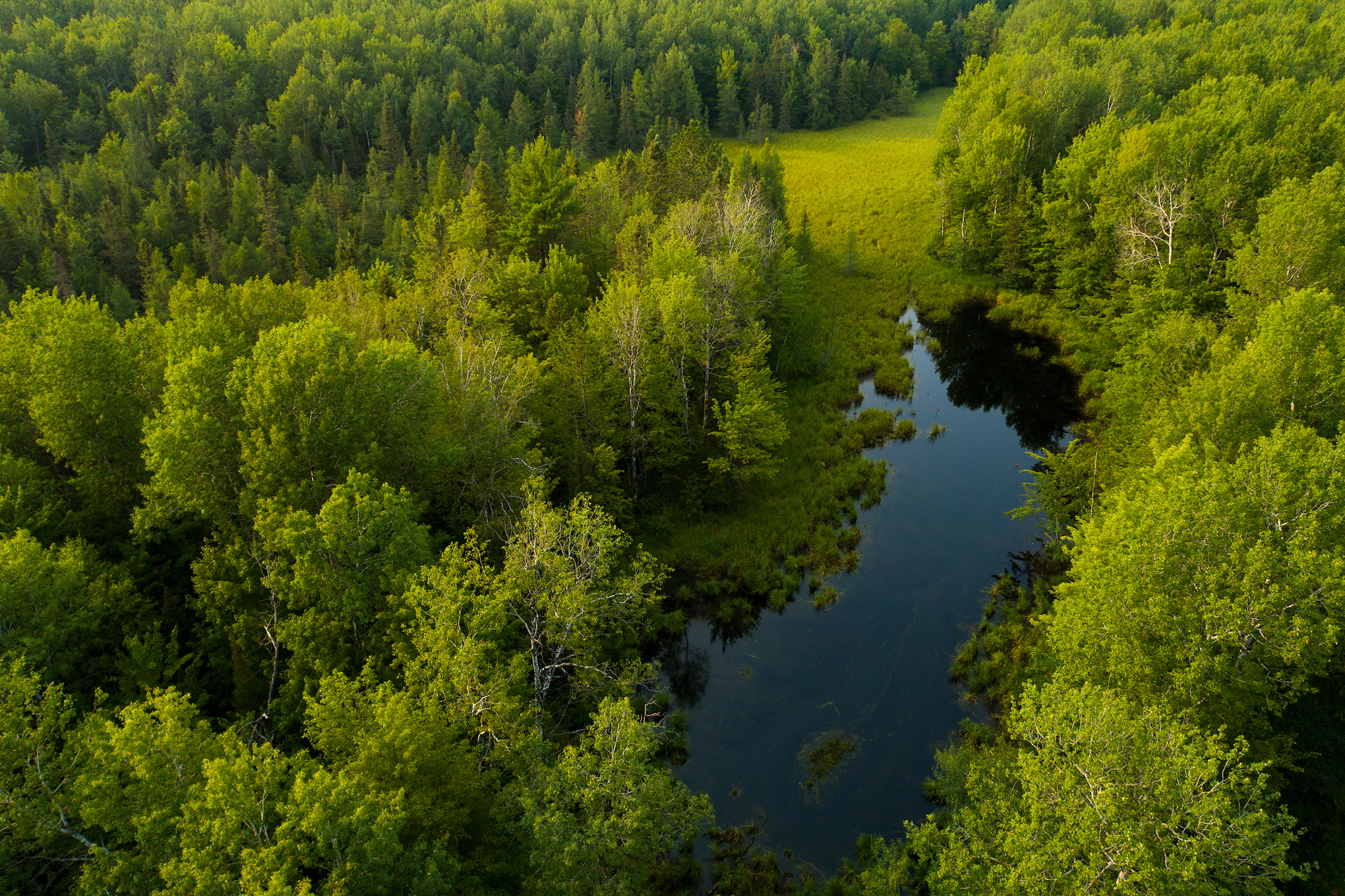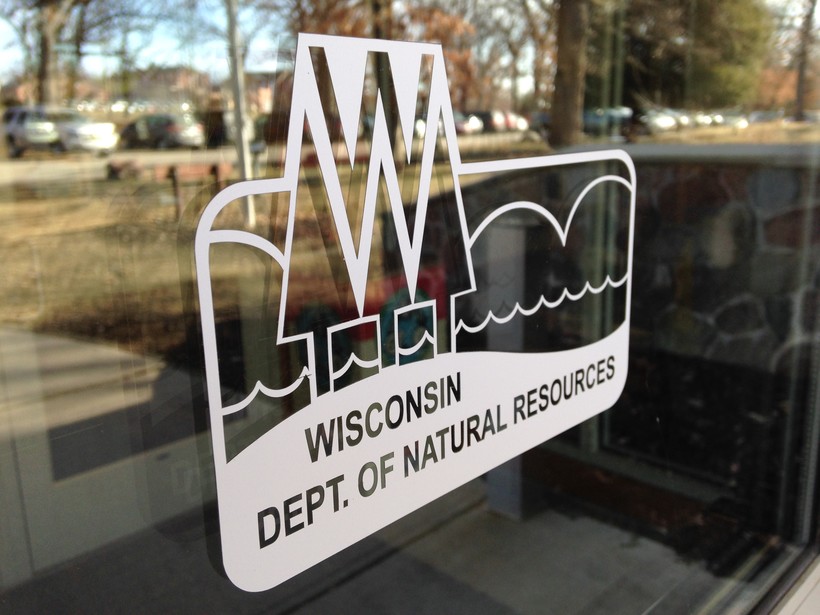A measure tucked inside a bill to fund local governments would give communities in northern Wisconsin more say over Stewardship proposals, the change winning support from local leaders trying to block the largest conservation project in state history.
The bill would require local approval of projects funded through the Knowles-Nelson Stewardship Program north of Highway 8, which runs east to west across the northern tier of the state. Republican lawmakers included the provisions in legislation to increase shared revenue for local governments.
The bill is the latest move to place limits on land conservation in northern Wisconsin. It comes after GOP lawmakers objected to state funding for the Pelican River Forest. The Conservation Fund and the Wisconsin Department of Natural Resources had sought $4 million in Stewardship funds as part of plans to set aside 70,000 acres east of Rhinelander for public use and logging. The Joint Committee on Finance rejected using the funds to help finance a $15.5 million conservation easement on 56,000 acres of the project, saying the state failed to consider local concerns.
News with a little more humanity
WPR’s “Wisconsin Today” newsletter keeps you connected to the state you love without feeling overwhelmed. No paywall. No agenda. No corporate filter.
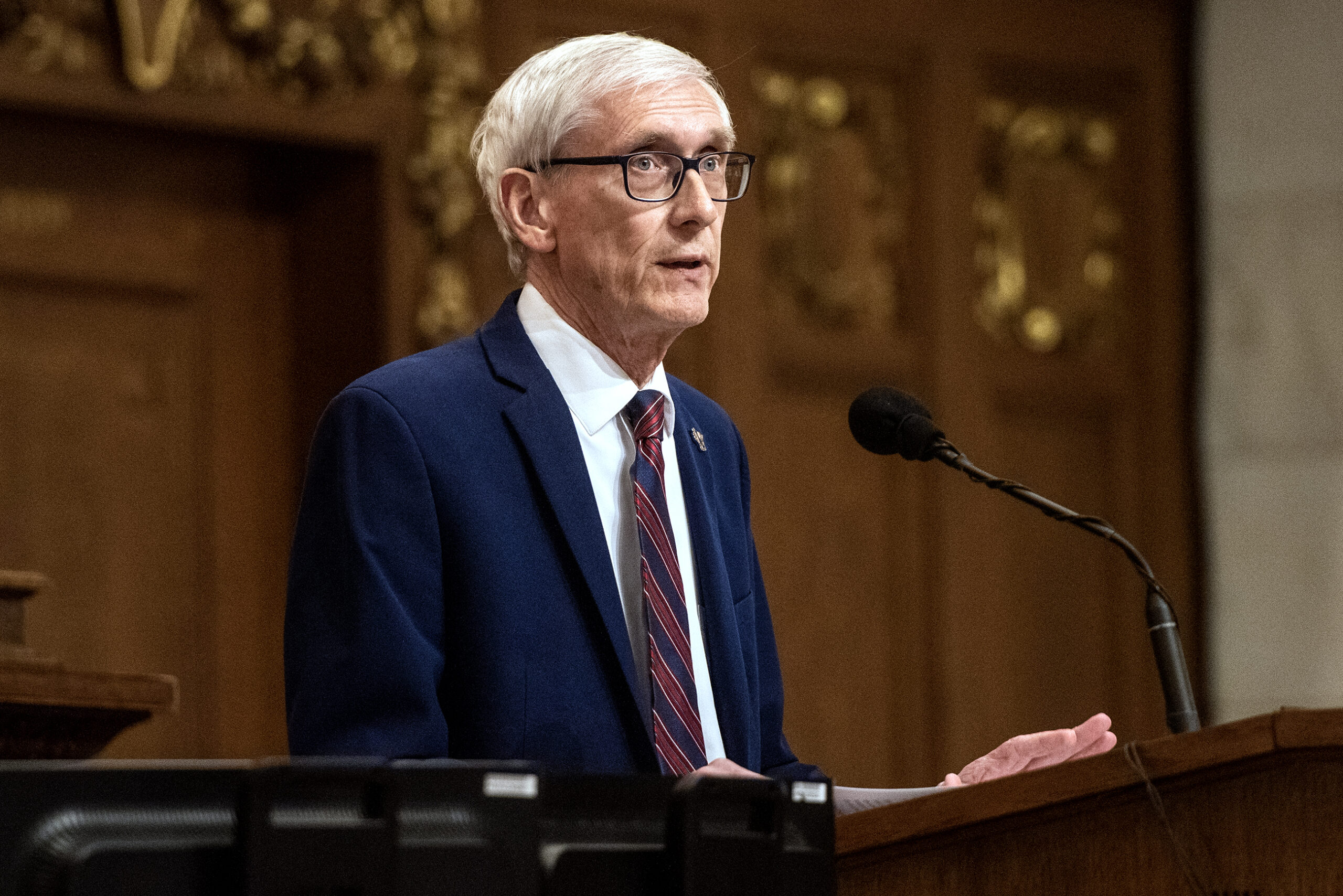
Land conservation advocates called the measure a “poison pill” within the shared revenue bill, saying it has nothing to do with funding for local government. A Republican lawmaker on the state’s finance committee disputed that, saying it’s about local control. A DNR spokesperson said the agency is unable to comment on pending legislation. Gov. Tony Evers has threatened to veto the bill in its entirety.
The town of Monico submitted a resolution in opposition to the Pelican River Forest easement last fall. Rob Briggs, the town’s chair, said he’s all for requiring local approval of Stewardship proposals. He said the project’s supporters may not have had to overcome hurdles if they had first obtained local approval.
“Some people say there’s nothing to Monico, so it really doesn’t make any difference,” Briggs said of the community, which has fewer than 300 residents. “But when you lived here your whole life and built a business here and your parents are here, it means more to us than just a place to pass through.”
Briggs said the town’s resolution was one of two not shared with the Natural Resources Board when members approved Stewardship funds for the proposal in October. DNR Secretary-designee Adam Payne called that an oversight, saying the agency will engage local governments about their concerns.
Briggs said the town spans about 34,000 acres and the Conservation Fund owns more than 80 percent of that land. The rest is split under local, state, federal or private ownership. He said that leaves less land available for residential or commercial development in the future. The town’s goal is to preserve the ability to develop land along Highways 8 and 45.
Moving forward, Briggs said they would like a say in the project. Sen. Mary Felzkowski, R-Irma, said the bill would ensure that.

“This is a way to empower local units of government to have a say as local elected officials into what’s happening in their communities, not the unelected DNR appointees to just run over the top of local governments,” Felzkowski said. “I want the conversation to happen so that our locals know what’s happening to them, and what the state is taking away.”
Despite opposition from local towns, conservation advocates and the DNR have said the project obtained broad support from other surrounding communities and groups. Charles Carlin, director of strategic initiatives with Gathering Waters, called the local approval requirements another attempt to undermine land conservation.
“It adds another unnecessary and onerous hurdle to what’s already a really difficult process to get conservation projects approved,” Carlin said. “I don’t think it makes any sense to give a single local governmental body, no matter how few people they represent, the right to veto a conservation project simply by not taking action.”
Carlin argued land conservation almost always provides an economic boost to communities through forestry and recreation. The Conservation Fund has said the property would support 775 forest-related jobs.
He said the decision to target local approval for Stewardship projects north of Highway 8 indicates a lack of enthusiasm for the provision among other lawmakers. When asked, Felzkowski said the Highway 8 boundary within the legislation reflected a compromise with the Assembly, declining to expand further.
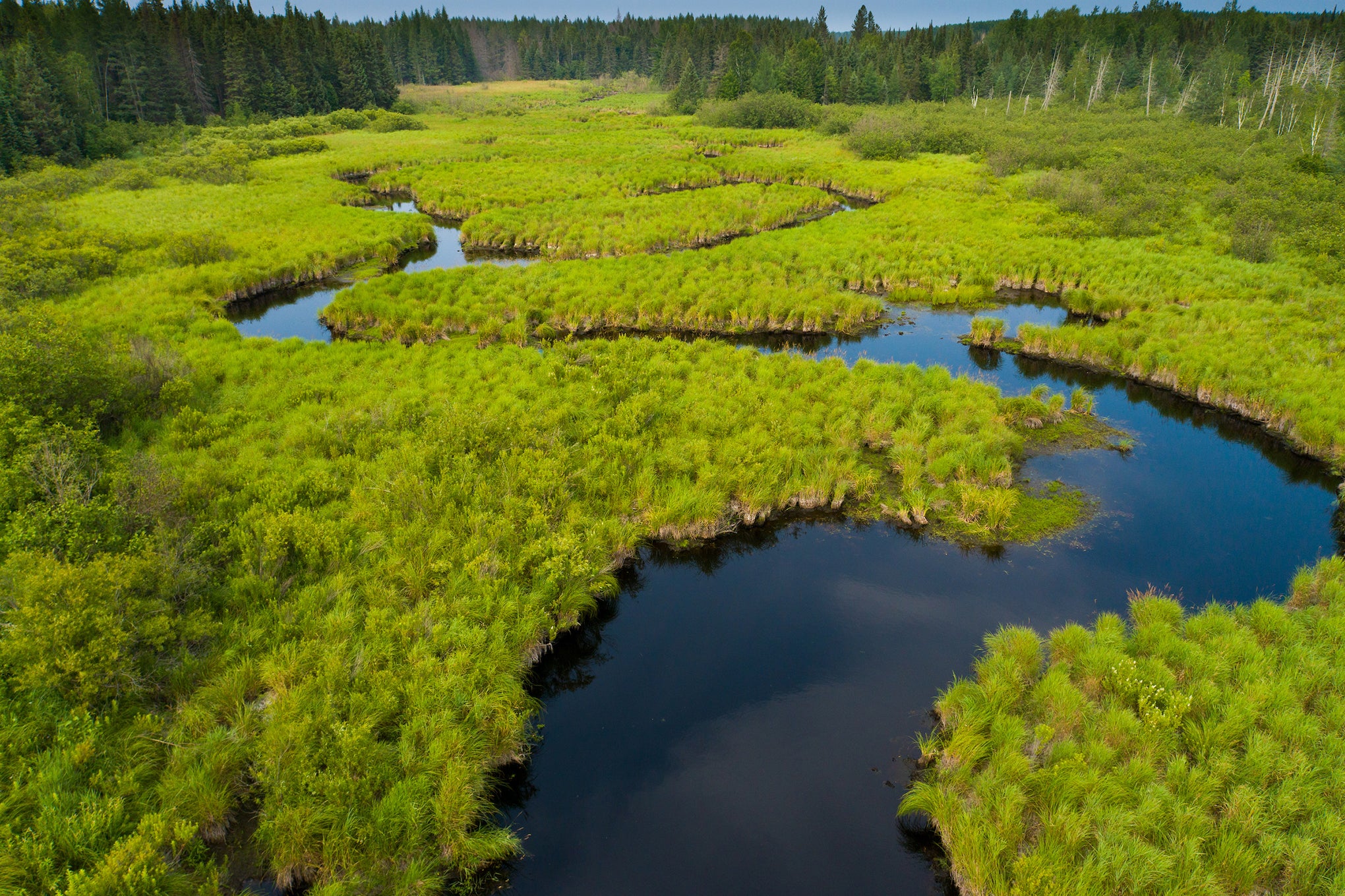
Felzkowski contended the bill is about local government, and the legislation would support local control. The northern Wisconsin lawmaker has said she’s not against using Stewardship funding to set aside public lands, citing a land purchase recently approved in Vilas County.
Even so, GOP lawmakers have tried to reign in Stewardship purchases over the years, citing concerns about removing lands from the tax rolls and driving up state debt.
Felzkowski has said northern Wisconsin already has plenty of public land. Since 1990, data provided by the DNR shows the agency has made more than 700 land acquisitions fully or in part through Stewardship funds north of Highway 8. The state purchased the lands with roughly $237 million in Stewardship funds, totaling more than 348,000 acres.
That’s roughly half the more than 723,000 acres that had been set aside through June last year largely by using nearly $561 million in Stewardship funds, according to the Legislative Fiscal Bureau.
As for the Pelican River Forest, the Conservation Fund has offered to take more than 1,200 acres out of the easement to address the town’s wishes to preserve development along highways. The town’s chair said he doesn’t see much possibility for a compromise on the conservation easement.
“The best solution for me would be to buy an easement on all the roads, snowmobile trails, ATV trails, and leave the rest of the land alone,” Briggs said.
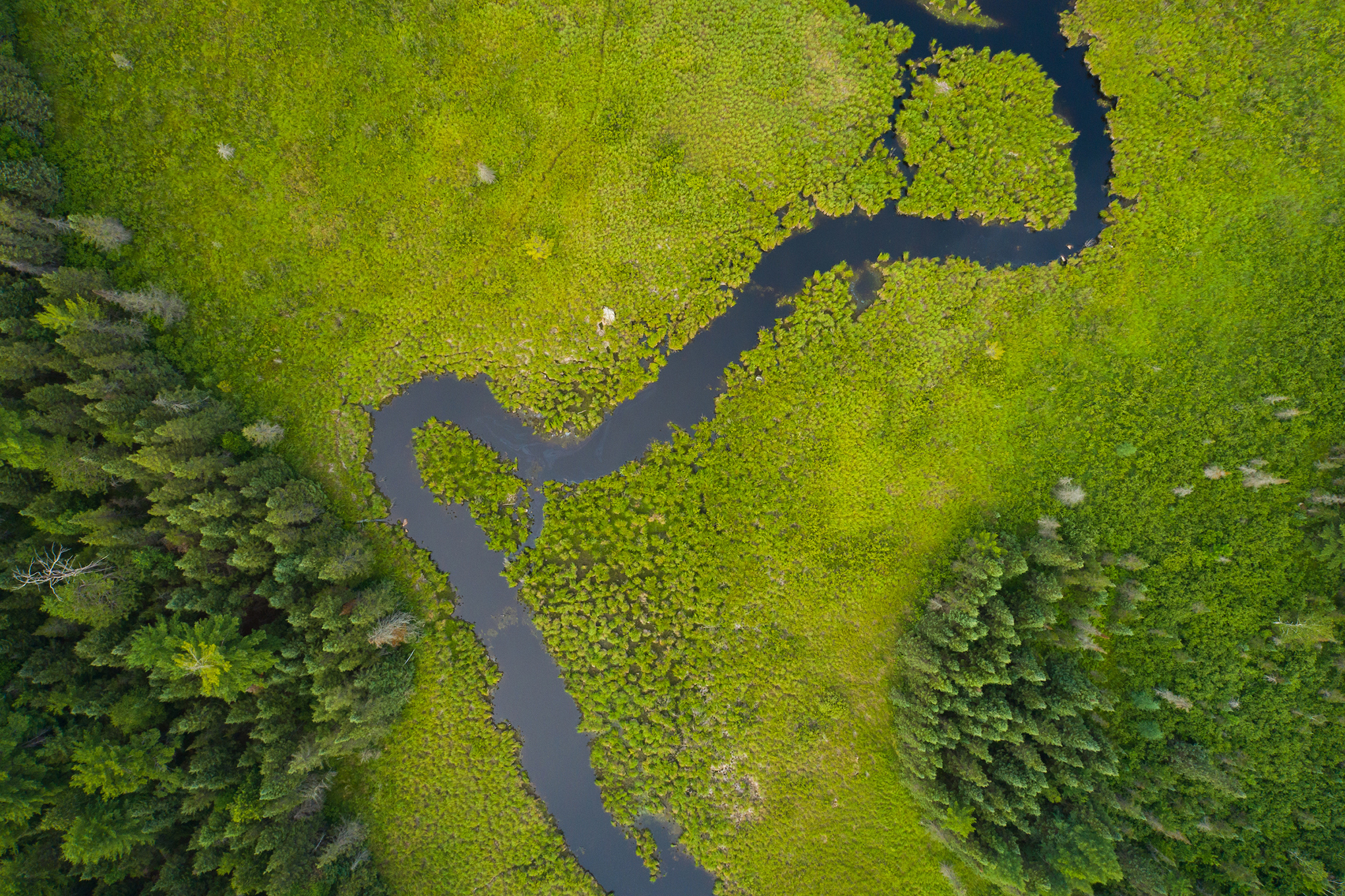
Clint Miller, regional director for the Conservation Fund, said the group’s goal is to protect the forest and all of its benefits.
“So that’s clean air, clean water for the Wolf River, public recreation,” Miller told Wisconsin Public Radio. “So just narrowing it down to one piece of that, like selling easements on interior forest roads for public access, does not meet that objective.”
Briggs said the national nonprofit group only approached the town to work out a deal once an objection was raised to the project.
Miller said he’s attended many public meetings about the Pelican River Forest, adding anyone is welcome to reach out to him or the DNR to discuss the project further. Even so, he said easements are private discussions about private properties.
“And as the landowner in this case, it’s important to note that we are the momentary caretaker of Pelican River Forest. This property — like so many properties — will eventually change hands,” Miller said in an email. “For this reason, any discussions about easements and their terms are best had with the easement holder. For Pelican River Forest, discussions about the terms of the easement are best had with the DNR because the DNR will hold the easement long after the property changes hands.”
Briggs, who is also a supervisor on the Oneida County board, said officials are working on a non-binding resolution that would support local governments’ ability to weigh in on the project. He said that is set to come before the board for a vote May 16.
Wisconsin Public Radio, © Copyright 2025, Board of Regents of the University of Wisconsin System and Wisconsin Educational Communications Board.

